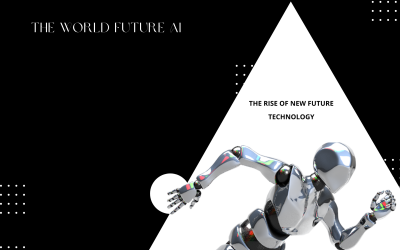In today’s complex business environment, Strategic Meetings Management (SMM) has emerged as a critical discipline for organizations aiming to maximize the impact and ROI of their events. SMM goes beyond basic event planning, involving a meticulous approach to managing all aspects of corporate meetings and events. This guide explores advanced SMM practices, emphasizing the importance of data-driven decision-making, stakeholder engagement, and measuring success to optimize event outcomes.
Introduction to Strategic Meetings Management
Strategic Meetings Management is an integrated process that ensures all company meetings and events support the organization’s overall objectives and deliver value. It’s about bringing a strategic approach to managing corporate events, from large conferences to small meetings, ensuring they’re not only efficiently executed but also aligned with broader business goals. In an era where every dollar spent is scrutinized, SMM provides a framework for demonstrating the tangible benefits of corporate events.
Advanced SMM Practices
Data Analytics for Decision Making
In the realm of SMM, data analytics plays a pivotal role in shaping event strategies. By harnessing the power of data, organizations can gain insights into attendee behavior, preferences, and engagement levels. This information is invaluable for making informed decisions about future events, from selecting venues to tailoring content to match audience interests. Advanced analytics tools can track a wide range of metrics, enabling planners to refine their strategies and achieve better outcomes.
Risk Management Techniques
The uncertain nature of events, compounded by factors like global health concerns and economic fluctuations, makes risk management a crucial component of SMM. Effective risk management involves identifying potential risks early on and developing strategies to mitigate them. This could include contingency planning for unexpected events, ensuring adequate insurance coverage, and establishing clear communication channels for crisis management.
Technology Integration
Technology is a cornerstone of modern SMM, offering tools and platforms that streamline the planning process and enhance the event experience. From project management software to event apps that facilitate networking, technology can significantly reduce the administrative burden and improve engagement. The key is to select the right technological tools that align with the event’s goals and the organization’s needs, ensuring a seamless integration that enhances efficiency and effectiveness.
Stakeholder Engagement
A successful SMM strategy hinges on aligning event objectives with the organization’s broader goals and engaging key stakeholders throughout the process. This includes everyone from senior management, who may determine the strategic direction of events, to marketing teams, who can leverage events for brand building. Effective stakeholder engagement ensures that all parties have a vested interest in the event’s success, fostering collaboration and shared accountability.
Measuring Success
Determining the success of an event is about more than just attendee satisfaction; it involves a comprehensive evaluation against predefined metrics and KPIs. These may include quantitative measures such as ROI, lead generation, and conversion rates, as well as qualitative feedback on attendee engagement and content relevance. By establishing clear metrics from the outset and collecting data throughout the event lifecycle, organizations can assess performance and identify areas for improvement.
Visualizing Strategic Excellence
Imagine an elegant, high-level boardroom setting where digital elements come to life, representing the sophisticated world of strategic planning. Our proposed banner captures this essence, with digital analytics and collaboration tools highlighted against the backdrop of professional excellence. It’s a visual testament to the power of advanced SMM practices, where strategy, technology, and analytics converge to create impactful events.
In conclusion, elevating SMM requires a blend of strategic insight, technological prowess, and a commitment to measuring and refining based on data. By embracing these advanced practices, organizations can ensure their meetings and events are not just memorable experiences but strategic assets that drive business forward.



